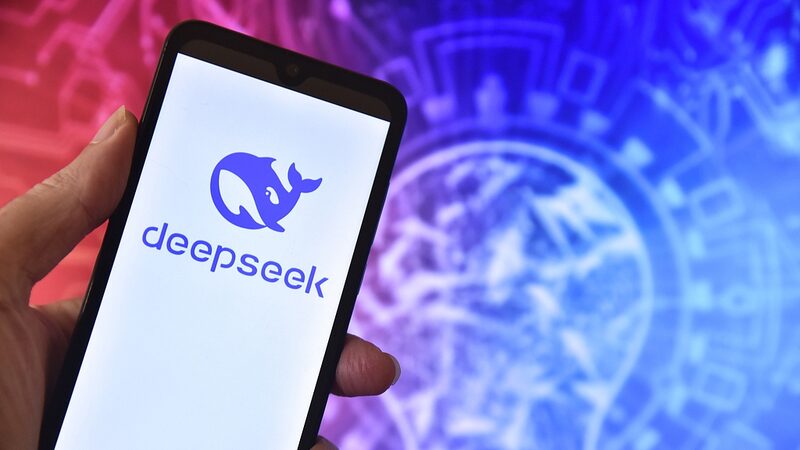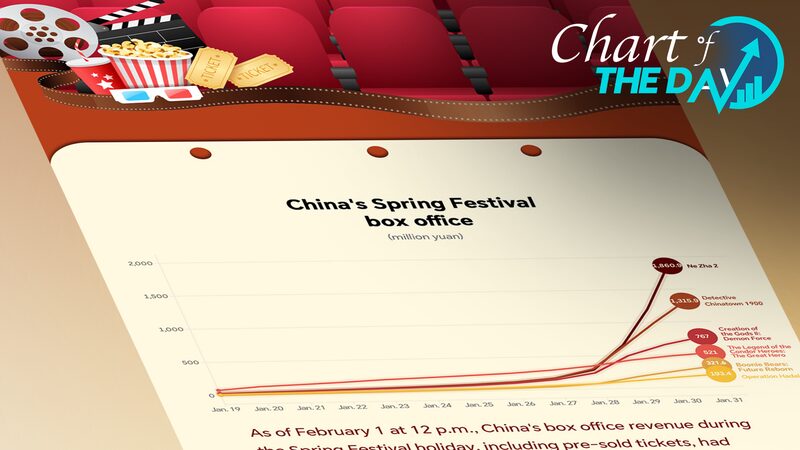DeepSeek, a mobile AI application developed by a Chinese company, has soared to the top of the iPhone free app charts in both China and the United States, overtaking OpenAI's ChatGPT. This significant achievement comes shortly after the release of its innovative \"reasoning model,\" DeepSeek R1.
When users enable the \"DeepThink (R1)\" mode, the app showcases its \"thinking process\" before providing responses. This feature allows DeepSeek to handle complex logical and mathematical problems, offering users insights into how the AI arrives at its conclusions. According to DeepSeek's official website, the R1 model's performance rivals that of OpenAI-o1, while operating at approximately one-thirtieth of the cost.
The application and its web-based chatbot are currently available for free to the general public, with fees applicable only for API usage by programmers. In a move promoting openness and collaboration, DeepSeek has also made its full-size model freely downloadable, enabling users with adequate hardware to run it locally. For those with less powerful devices, scaled-down versions optimized for various systems—from ultra-thin laptops to high-performance gaming rigs—are offered.
Furthermore, DeepSeek has published a comprehensive research paper detailing the development of the R1 model. This transparency allows other developers to replicate the process using their own training data, fostering innovation and advancement within the AI community.
The AI Community's Response
DeepSeek's advancements have elicited strong reactions from prominent figures in the AI industry. Venture capitalist and Netscape co-founder Marc Andreessen described DeepSeek R1 on X.com as \"one of the most amazing and impressive breakthroughs\" he has witnessed, calling it \"a profound gift to the world.\"
Aravind Srinivas, CEO of Perplexity, noted that \"DeepSeek has largely replicated OpenAI-o1-mini and has open-sourced it,\" highlighting the significance of making advanced AI models accessible to all.
Jim Fan, a senior research manager at Nvidia, praised DeepSeek as a \"non-U.S. company\" that is upholding the original mission of conducting \"truly open, frontier research that empowers all.\"
Yann LeCun, Meta's chief AI scientist, emphasized that DeepSeek's success underscores how \"open-source models are surpassing proprietary ones,\" rather than indicating one country's dominance over another in the AI sector.
Former president of Google China, Kai-Fu Lee, expressed a sense of vindication, stating that DeepSeek's achievements validate his belief in China's potential to excel in generative AI engineering.
Championing Innovation in China
In an interview with 36kr.com in July 2024, Liang Wenfeng, CEO of DeepSeek, emphasized the importance of China evolving from the stereotype of merely applying foreign innovations to becoming a global contributor. \"As our economy grows, we should transition into innovators rather than relying on the advancements of others,\" Liang stated.
He highlighted that true innovation stems from genuine curiosity in addition to pursuing business success. Liang also revealed that DeepSeek's team comprises young talent and that the development of the company's earlier V2 model was accomplished without the involvement of overseas contributors. \"Perhaps the top 50 talents in this field are not in China,\" he acknowledged. \"But we can cultivate our own.\"
DeepSeek's rise reflects a broader movement within the global tech community toward open-source development and collaborative progress. By sharing their methodologies and models, they are not only pushing the boundaries of AI technology but also fostering an environment where innovation thrives across borders.
Reference(s):
cgtn.com




